For good growth, development during the growing season and a decent harvest, crops require a fertile soil layer. Basically, gardeners who operate annually do not have the right amount of nutrients. To correct the situation, summer residents make all kinds of fertilizer additives. However, in some cases, the prepared mixture can not only create a good basis for the development of plants, but also cause harm.
Content
The most useless and dangerous methods
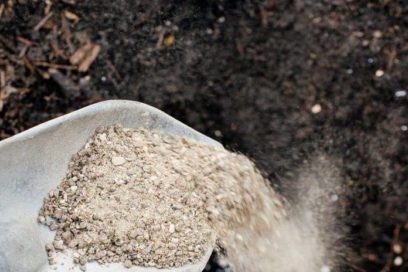 To collect a good crop of vegetables and fruits, you need to know how to properly care for crops. It is important to not mindlessly fight pests and feed plants with alternative methods. But also strictly observe the necessary dosage, the frequency of treatments, do not mix incompatible elements.
To collect a good crop of vegetables and fruits, you need to know how to properly care for crops. It is important to not mindlessly fight pests and feed plants with alternative methods. But also strictly observe the necessary dosage, the frequency of treatments, do not mix incompatible elements.
A mixture of mineral fertilizers
To save time, gardeners often mix various mineral fertilizers. However, the introduction of improperly mixed substances will lead to deterioration of soil properties. So, for example:
- Mixed nitrate and urea, upon entering into the reaction, immediately release ammonia into the air, a rapid loss of nitrogen occurs;
- when superphosphate and nitrate are applied simultaneously to the soil, the mass hardens and cannot be dispersed.
In addition, ammonia fertilizers introduced by inexperienced gardeners in large quantities pose a great danger. Salts of nitric acid, falling into the fruit, harm the human body. After eating vegetables and fruits that are “overfed” with mineral fertilizers, salts in the blood of a person turn into nitrates. This process causes: bronchodilator and pulmonary cramps, toxicosis, the occurrence of neoplasms.
Excess phosphorus in the soil disrupts the interaction of fungal spores and the plant root system. Without this natural process, cultures will not develop normally, absorb water and nutrients from the soil.
Bone flour
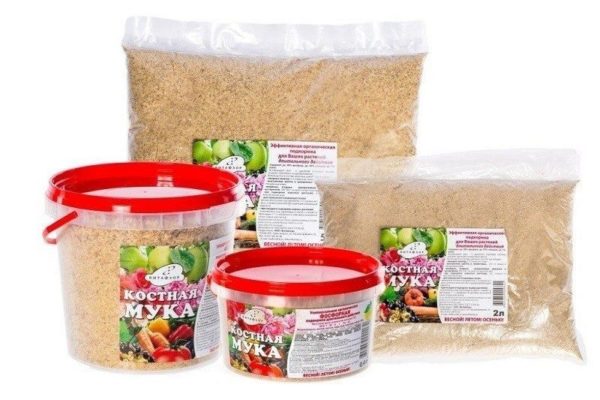 Organic farmers praise the product of processing domestic animals for their natural origin. Proponents of the method are convinced that flour reduces stress in seedlings during transplantation and stimulates root formation. Bone meal contains about 20% -32% phosphoric acid and 3% -5% nitrogen compounds. Elements are necessary for plants for the normal process of photosynthesis. However, high concentrations are dangerous.
Organic farmers praise the product of processing domestic animals for their natural origin. Proponents of the method are convinced that flour reduces stress in seedlings during transplantation and stimulates root formation. Bone meal contains about 20% -32% phosphoric acid and 3% -5% nitrogen compounds. Elements are necessary for plants for the normal process of photosynthesis. However, high concentrations are dangerous.
When fertilizer is added to more than 200 g per 10 l of water, phosphorus-nitrogen fertilizing gives an impetus to root formation to the detriment of the aerial part of seedlings of vegetables or fruit and berry seedlings. The vegetative mass of plants is weakened, and after 1-2 days, the roots hardly receive nutrition from the soil.
Fresh Manure Chatterbox
Among natural top dressing, the most common fertilizer is fertilizer from excrement of farm animals. Its composition contains many nutrients that contribute to the active growth and development of plants, increase soil fertility.However, microorganisms that consume manure as food produce liquid, carbon dioxide, and organic compounds into energy. In the process, the temperature of the fertilizer rises to 75 degrees. After feeding plants with fresh excrement, their root system gets burned and burns. Therefore, you cannot use fresh manure diluted in water. The talker should be infused for two to three days.
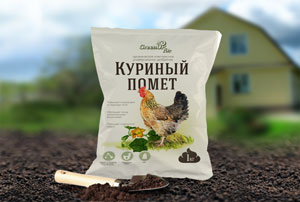 You may be interested in:
You may be interested in:Ammonia
An aqueous solution of ammonium hydroxide, sold in pharmacies, contains up to 80 percent nitrogen compounds. Substances are a key “nutrient” for plants that can only absorb them from the soil. Failure to comply with dosage and frequency of application ammonia-based fertilizers will lead to an increase in vegetative mass to the detriment of the formation of fruits. Excess substances in the soil will increase the risk of fungal diseases.
In addition, an aqueous solution of ammonium hydroxide is a toxic substance. By adding more than 25 ml of ammonia to 10 liters of water, you can cause intoxication of the body. If you inhale toxic fumes for more than a minute, a person will experience inhibition, increased heart rate. With longer work with an improperly diluted working solution, a serious neurological disorder will occur up to a coma.
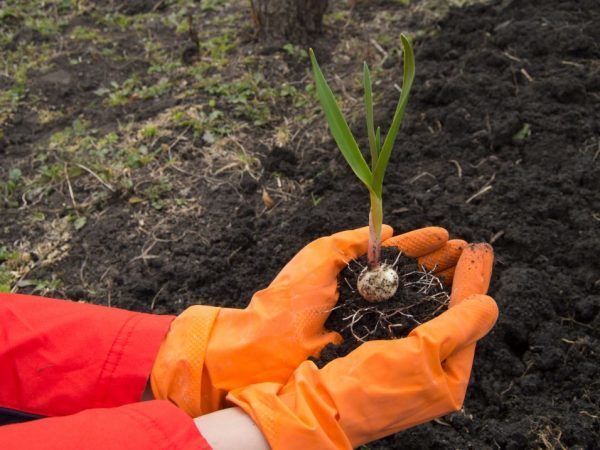 You may be interested in:
You may be interested in:Wood ash with nitrogen fertilizers
If the soil on the site does not contain enough potassium, wood ash will save the situation. The main rule when making wood ash is not to mix the substance with nitrate or urea. By mixing elements, gardeners do not benefit plants, but harm. During the interaction of substances, a reaction occurs during which a large amount of ammonia is formed. Its increased dosage is dangerous for plants.
Useless and dangerous fertilizing will not provide plants with nutrients. Only the right ways to make self-prepared fertilizers in the soil will enable gardeners to get a quality crop.

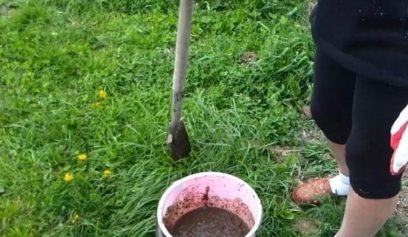
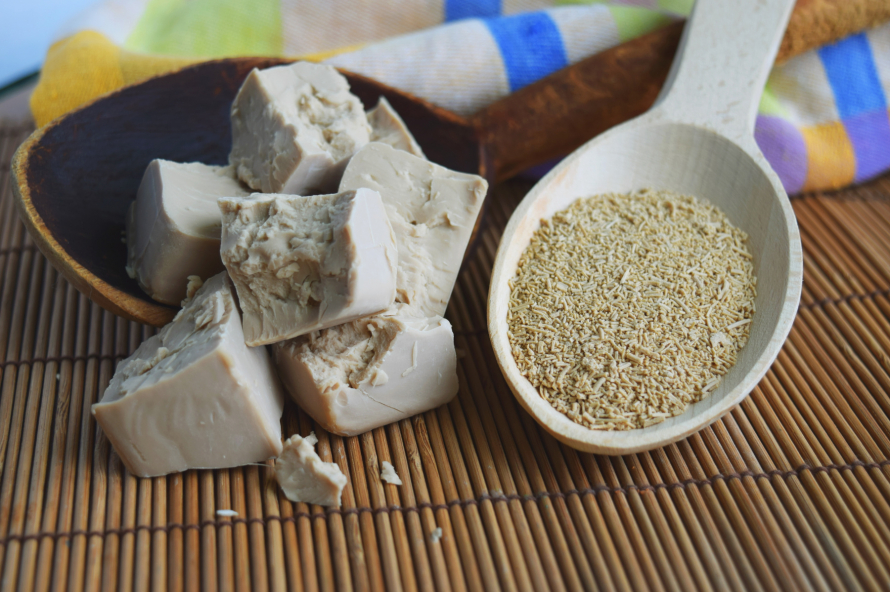
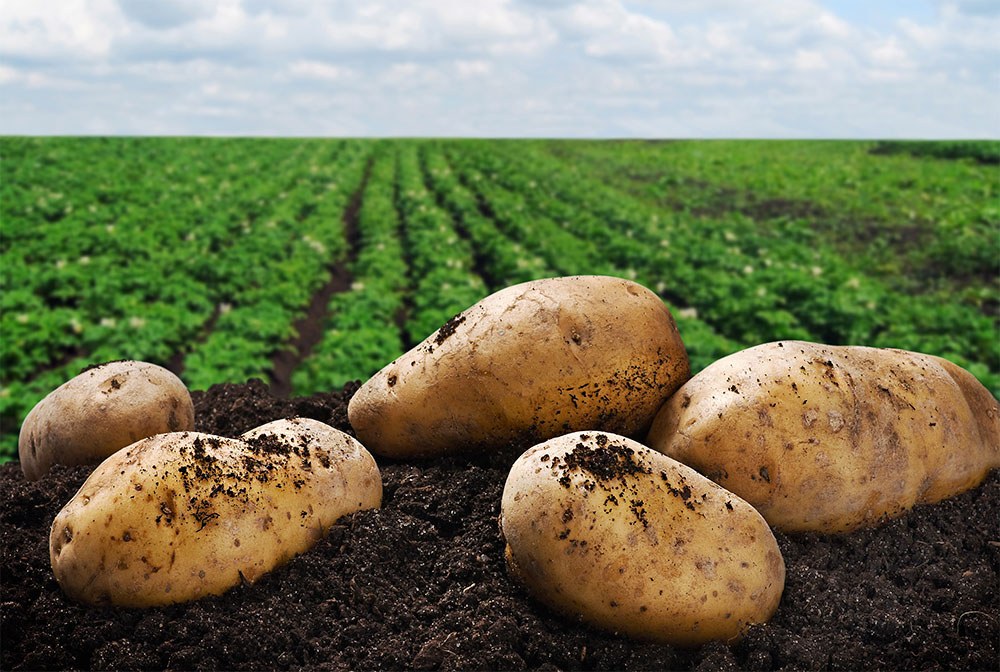
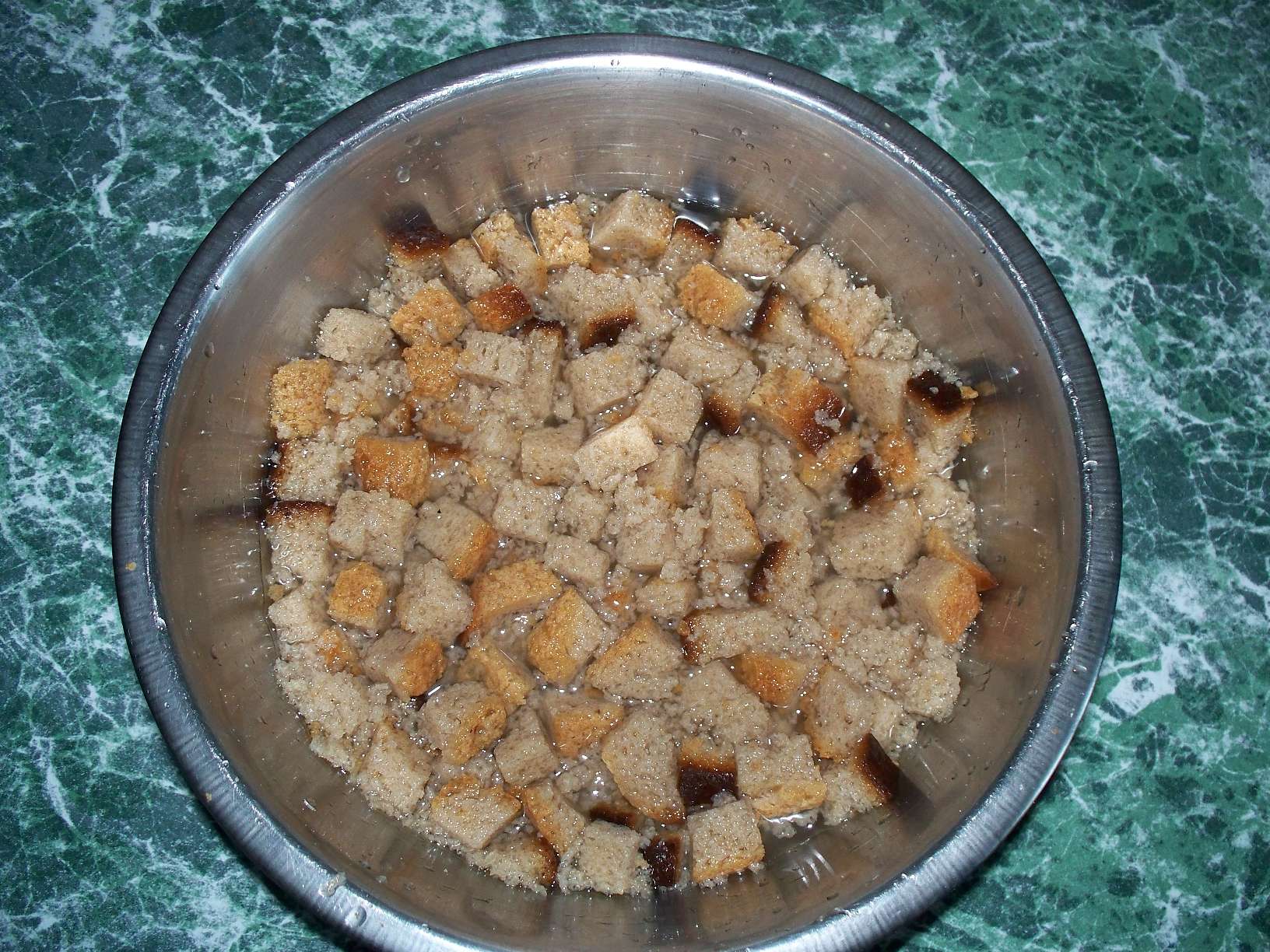
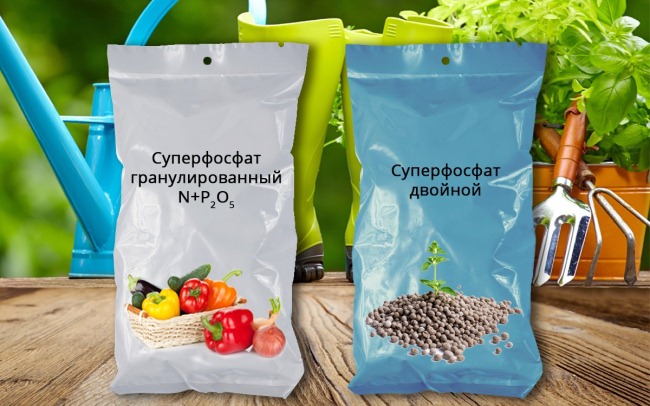 Superphosphate: what is it and how to apply it
Superphosphate: what is it and how to apply it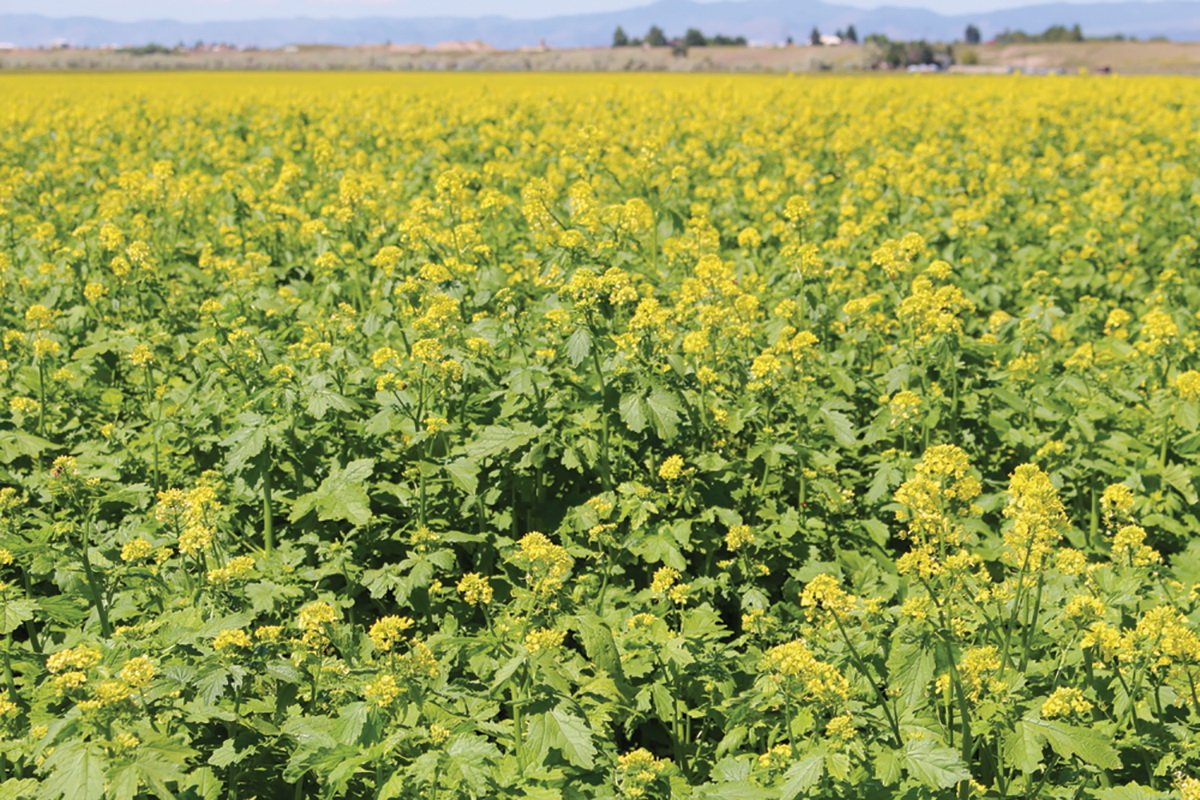 What problems can be expected from siderats?
What problems can be expected from siderats?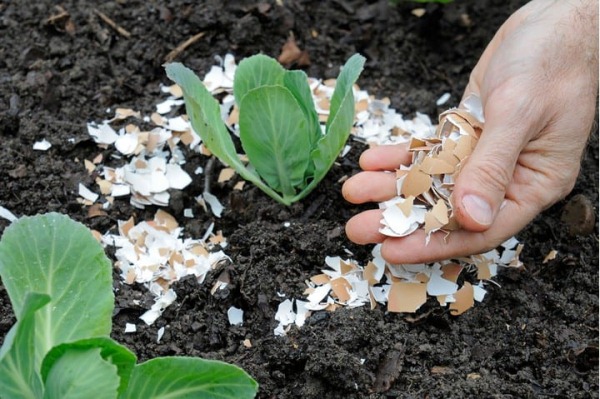 Secrets of the collection, storage and use of eggshells in the garden
Secrets of the collection, storage and use of eggshells in the garden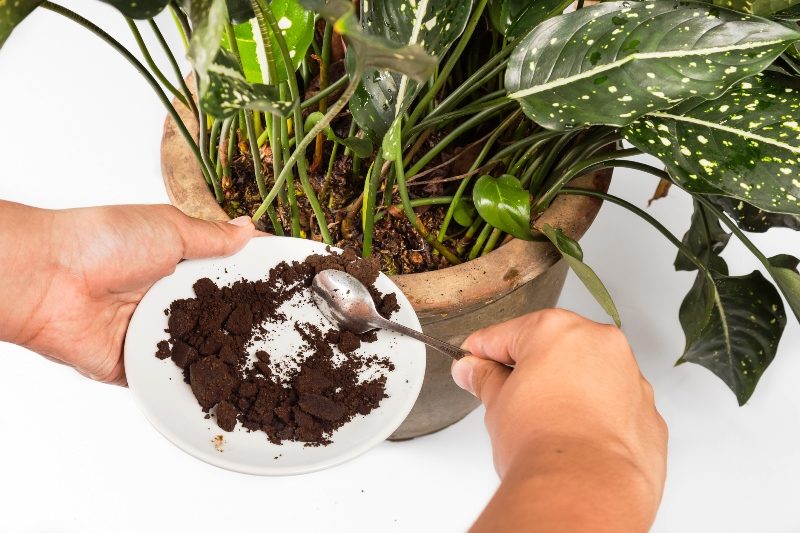 The most popular top dressing for indoor plants
The most popular top dressing for indoor plants
Andrey Isakov
More to such articles !!!
THANK